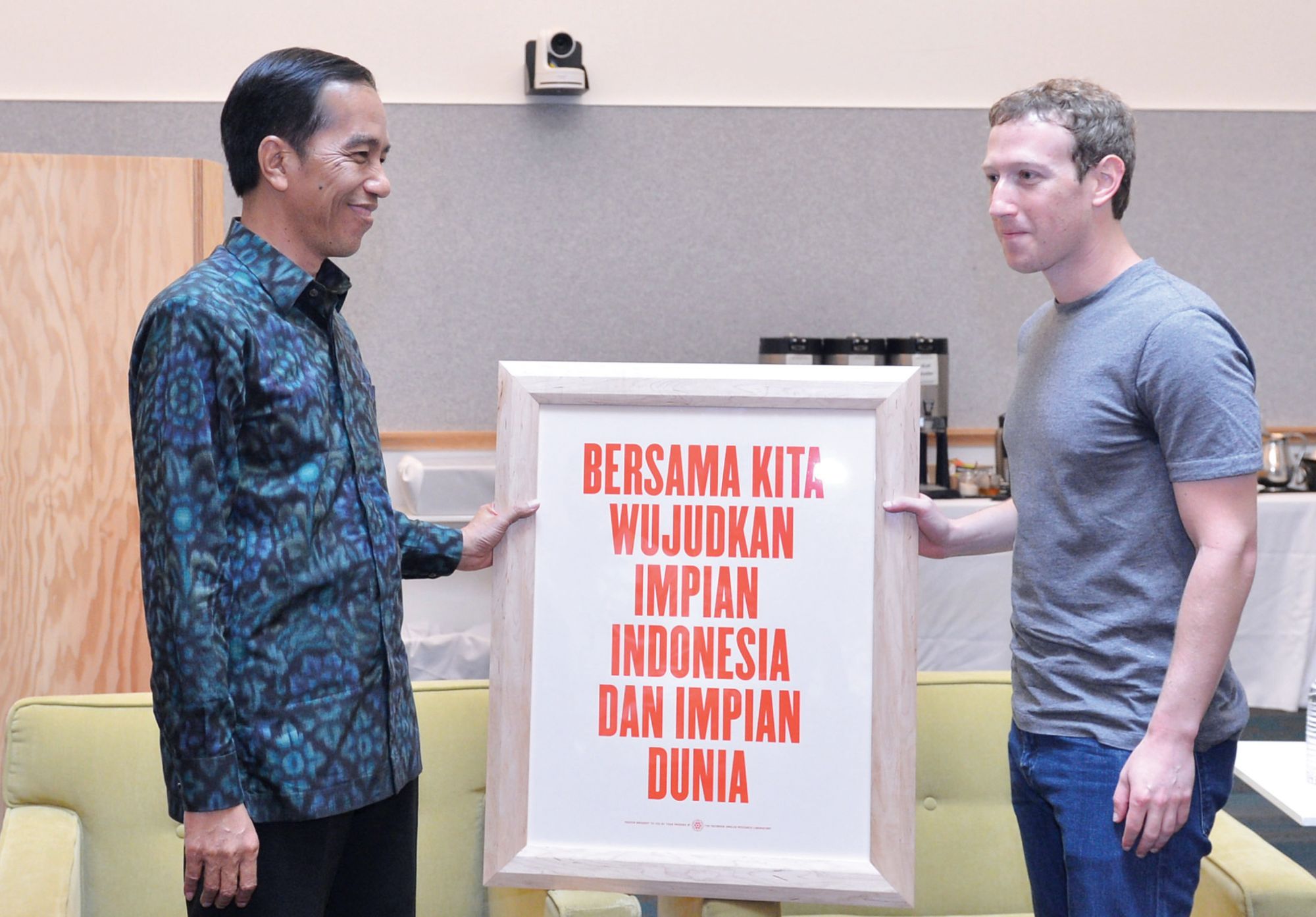Up for re-election later this month, the soft-spoken career politician has a lot to be proud of, most notably in infrastructure construction. We take a closer look in this second installment of a two-part series
Indonesia is one of the largest countries in the world, with a total land and sea area of almost two million square kilometres and comprising some 17,600 islands. This sprawling archipelago is also home to around 262 million people from hundreds of different ethnic and cultural groups all living in relative harmony, making it the fourth most populous country in the world, and the most populous Muslim-majority nation.
Like its geographical uniqueness and diverse traditions, Indonesia—the “Emerald of the Equator”—is currently led by a notable figure who also embodies elements that may superficially appear at odds. President Joko Widodo, familiarly called Jokowi, cuts a humble and modest figure who also projects a quiet, charismatic power. He is pragmatic, populist, and an idealist, all at the same time. Truly, this is a man of the people and cultures he represents.

Jokowi has been a long time coming, and this seventh president of the Republic of Indonesia, is the real deal—his slogan of “Work, Work, Work!”, adopted when he was elected president in 2014, has turned out not to be a gimmick but a mantra. It said: “Judge me not on my own merits but on what I achieve” and spoke to a generation of Indonesians thirsty for a new form of performance-based politics that matches their own youthful and idealistic aspirations. (Seventy per cent of the country’s population will be of workforce age by 2030 according to The Jakarta Post, forming Indonesia’s so-called “demographic bonus”.)
But more than any slogan or campaign promises, Jokowi is a man of action. Entering the fifth year of his presidency and facing a general election this month, his achievements are manifold. That so much has been achieved has not just given him a strong platform from which to fight the upcoming general election but has also helped Indonesians feel a sense of national pride hat their country is respected and influential on the international political and economic stage.







